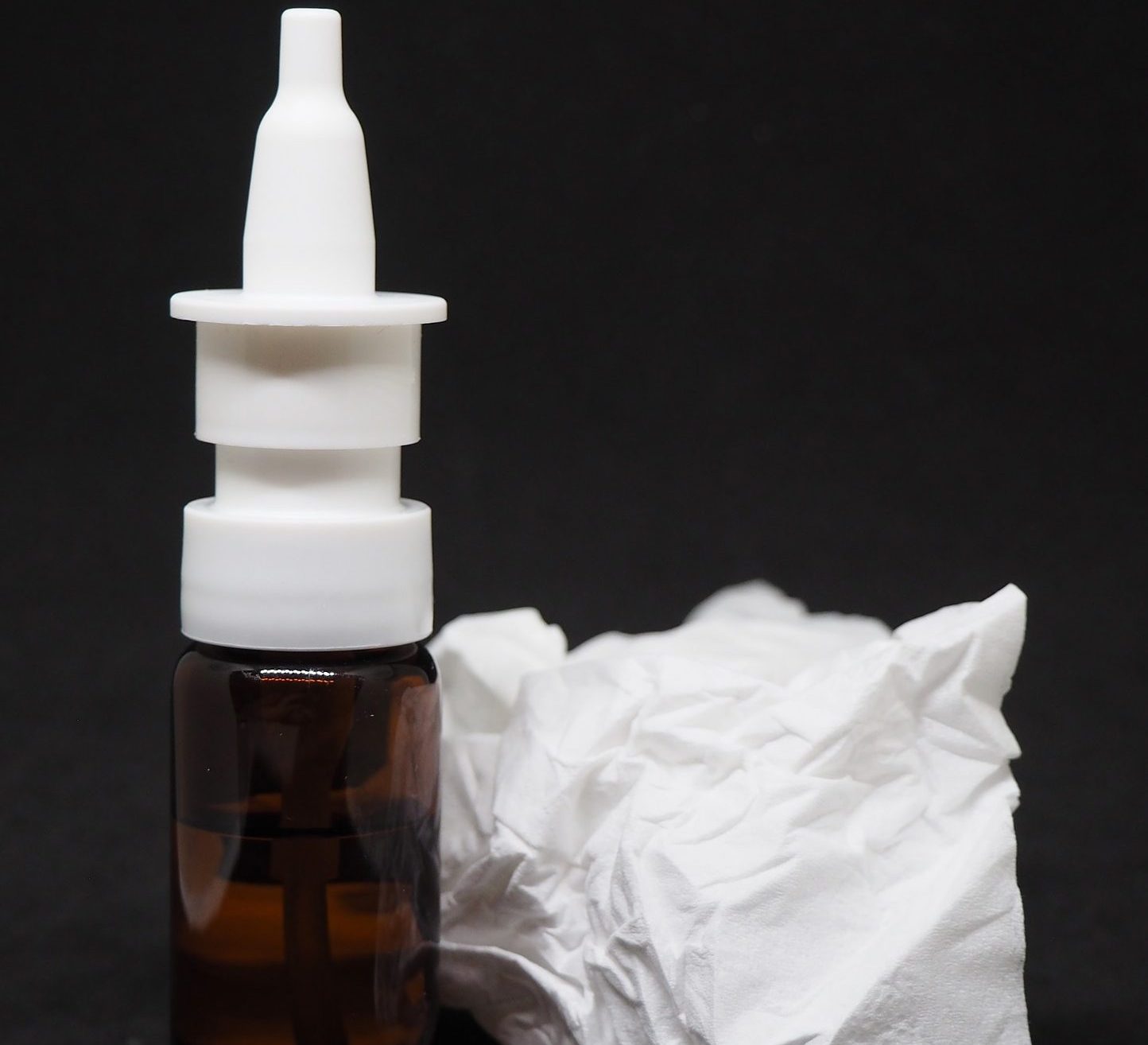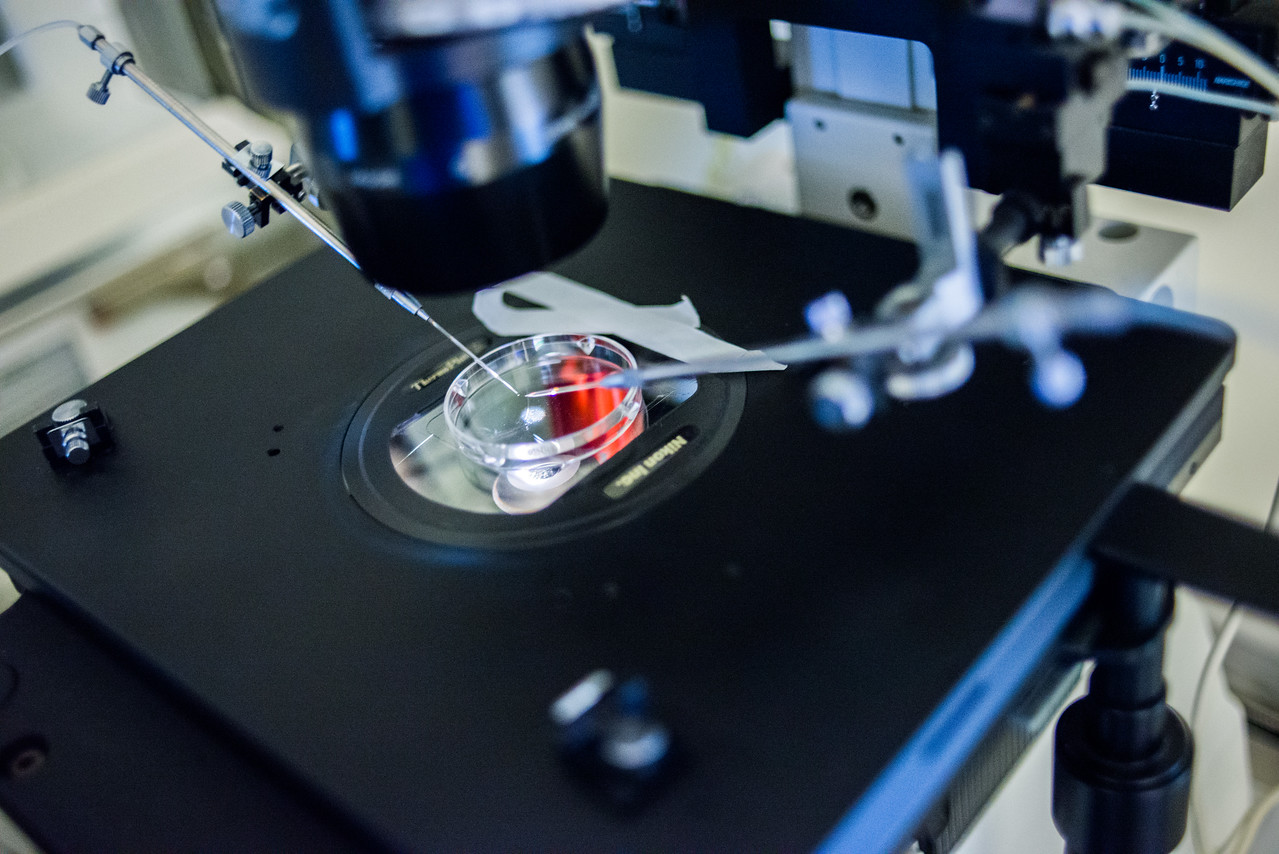Conceiving After Failed IVF
A new study, published in the journal Human Reproduction, found that one in six women who had failed in vitro fertilization (IVF) treatment were able to conceive on their own.
The study was conducted by researchers from the University of Aberdeen. They studied data from 2,133 women who underwent IVF treatment between 1998 and 2011 at a fertility clinic …






